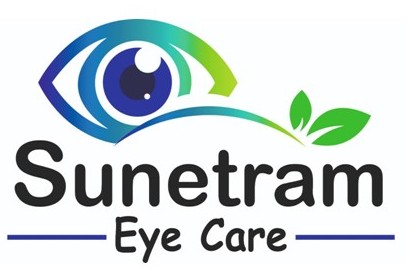Our Services
Q. What is Neuro ophthalmology?
Neuro-ophthalmology deals with neurological conditions that affect the eyes. The department works in close coordination with neurologists, interventional radiologists, and neurosurgeons.
Sudden Vision Loss
This can be caused by a swelling or loss of blood supply of the optic nerves. A neuroophthalmic review is urgently required. After a thorough exam, your doctor may ask you to get an MRI of the brain to look at the optic nerve. Other investigations may also be required. Some of these conditions can be treated successfully.
Double Vision
Double vision with both eyes open could be due to a weakness in one of the nerves that supply the eye. Examination is directed at identifying the nerve weakness. Neuroimaging and cross consultation with other specialties may be needed.
Nystagmus
This refers to an involuntary, rhythmic, to and fro oscillation of the eyes. A number of patients have nystagmus since early childhood and need to adopt a head posture to see clearly. A significant proportion of these can benefit from surgery to correct the head posture. Acquired nystagmus can cause oscillopsia, a subjective feeling of shaking of the surroundings. Many of these are due to diseases of the brain or the vestibular system and are managed in coordination with the ENT surgeon/Neurologist.
Visual Field Loss
Visual field loss viz. loss of vision on one side can be a sign of serious disease of the brain. Common causes include tumors/inflammation/loss of blood supply of the visual pathway. Visual fields can be mapped with automated perimetry and this gives vital cues to the pathology. The diagnosis often involves imaging the brain and cross consultation with other specialties.
Headaches And Raised Pressure in The Brain
A raised pressure in the brain can cause headaches, vision loss and double vision. Neurologists often request the assistance of neuroophthalmologists to assess optic nerve and make a diagnosis. Untreated high pressure in the brain can cause irreversible vision loss.
Optic Neuropathies
A number of drugs, injuries, metabolic conditions and infections can cause damage to the optic nerve and result in vision loss. Prompt treatment of the offending agent can restore/prevent further vision loss.
